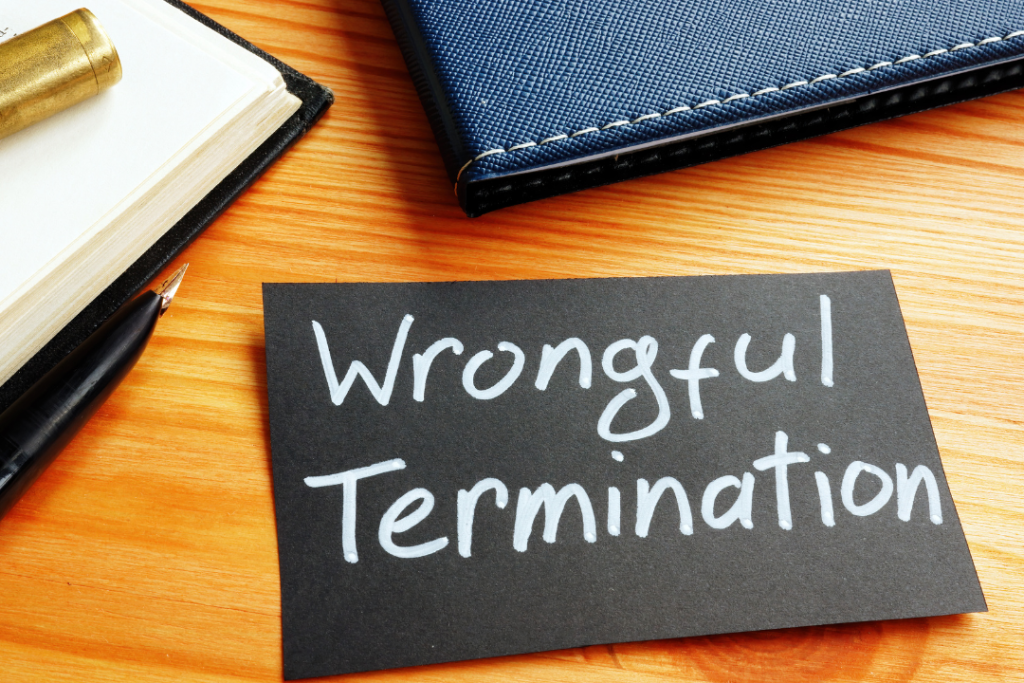
So, you’ve been laid off, but you don’t feel like the reason behind it was fair. Perhaps you weren’t even provided with a reason, or maybe you suspect foul play. Either way, what do you do about it?
A wrongful termination is something you’re protected against by labor laws, so there’s no reason for you to simply sit back and accept unfair treatment and a disappointing outcome. Here are some things you need to know about handling a wrongful dismissal.
Understanding Wrongful Termination
First of all, what exactly does “wrongful termination” or “wrongful dismissal” mean? These are legal terms that refer to the unlawful termination of employment or, put more simply, getting fired for reasons you can’t legally be fired for.
Some examples of wrongful termination could include firing someone for discriminatory reasons, terminating a contract out of retaliation, or breaching an employment contract in some way. An HKM attorney will be able to help you identify and understand wrongful termination more clearly and assist you in determining whether or not you have been unlawfully dismissed from your job.
Recognizing the Signs of Wrongful Termination
There are a few ways you’ll be able to identify a wrongful dismissal, and the signs are often there long before you’ve lost your job.
If you noticed suddenly (or gradually) being treated more unfairly at work, this could be considered a sign. Examples include if you started receiving negative feedback or comments without any changes to your own behavior at work. You should also look out for a lack of documentation of performance reviews and feedback following a sudden dismissal. Additionally, if you have recently made a complaint or identified an issue and suddenly lost your job, this could be a sign.
Initial Steps to Take After Termination
When you lose your job and suspect that there might be an issue, it’s important to stay calm and handle the situation as professionally as possible.
You’ll want to think about the situation, gather your evidence, and then file a complaint with HR. However, you should simultaneously be in contact with an employment attorney who can guide you through the process and help you decide what your ideal outcome would be. It’s unlikely that you would want your job back, so you’ll need to explore settlement options or decide to sue your employer.
Emotional and Financial Considerations
However, when thinking about legal disputes, you’ll also need to consider the very serious financial and emotional impact this will have on you.
Legal fees are nothing to joke about and often don’t fit into people’s budgets. If you want to take legal action, you’ll need to ensure that you find an attorney whose rates you can reasonably afford. You also need to remember that a court case can be a long and emotionally draining process, so make sure you have the right support systems in place before you leap into the process. Setting things right is important, but don’t neglect to care for your mental health, too.
